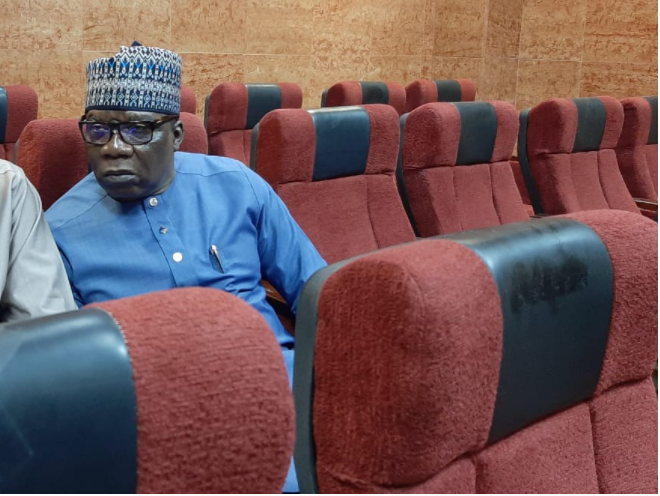A federal high court in Abuja has discharged and acquitted Jide Omokore, chairman of Atlantic Energy Drilling Concepts Nigeria Limited, of fraud allegations.
Omokore was arraigned by the Economic and Financial Crimes Commission (EFCC) on a 15-count charge.
They were alleged to have fraudulently diverted about $1.6bn alleged to be part of proceeds of sales of petroleum products belonging to the federal government.
Omokore is the first defendant in the matter while Atlantic Energy Brass Development Limited and Atlantic Energy Drilling Concept Limited are the second and third defendants.
Delivering judgment in the suit on Tuesday, Nnamdi Dimgba, the presiding judge, held that the EFCC failed to prove its case against the first to the third defendants.
On the first three counts, the anti-graft commission had alleged that the first three defendants made false representations in other to get into an agreement to carry out a project for Nigerian National Petroleum Corporation (NNPC) and the Nigerian Petroleum Development Company Ltd (NPDC).
However, the judge held that the EFCC failed to prove that the three defendants falsely represented themselves as having the required technical and financial competence to carry out the project.
On financial capacity, the judge held that the EFCC ought to have shown that the three defendants had bad creditworthiness as opposed to making a conclusion from their account balance.
The judge agreed with the testimony given by the first prosecution witness, Andrew Yakubu, former group managing director of the NNPC, that the defendants were awarded the project because NNPC had previously recorded “remarkable success and value addition” while working with them.
On the counts relating to “fraudulent intent,” the judge held that “the 1-3 defendants do not strike me as persons with fraudulent intents.”
The court also acquitted the defendants of the charges bordering on money laundering and conversion.
“The sale of crude oil by the 1-3 defendants was done legally as contained in the agreement,” the court held.
“They did not sell any crude that was not allocated by lawful authority.”
The court also held that there is no evidence of a conspiracy between the defendants as alleged by the prosecution.
Also, charges bordering on procurement fraud were also not proven by the prosecution.







